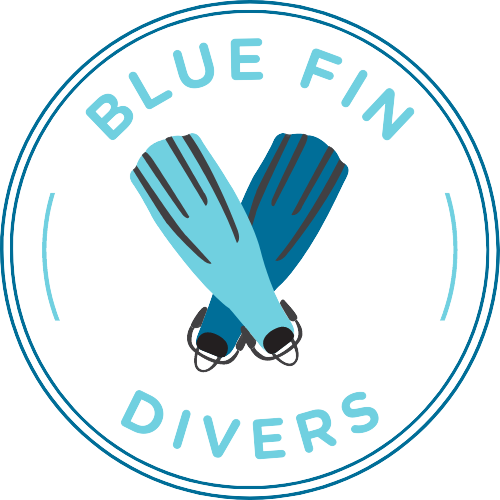Even if you're a diver or non-diver, you might have wondered one of these at some point. Here we discuss some of the most common myths in Scuba Diving, and let us know if you've heard some of them👇🏻
🤿#1--> You HAVE to dive deep to see something interesting.
Not only will you be able to stay longer by going shallower, there will also be much more colours and life. Of course, some divers do like the challenge, and if you're into wreck diving then some dives will have to be a bit deeper, but shallow dives (between 18 and 25 meters of depth) are for most divers just a little bit more relaxed and enjoyable, especially for the photographers!
🤿#2--> Scuba diving is soooo dangerous.
Even leaving the house has it's risks. How about driving? Not 100% safe either. Any sport and activity has it's do's and dont's to stay safe. In your Open Water Scuba course you will learn about all of those.
But, what if the person saying that meant it's dangerous because of sharks? Here is the link to a PADI blog post about 18 things more dangerous than sharks which include deers and cows!
🤿#3--> You can only become a scuba diver if you're a good swimmer.
To obtain the first certification (Open Water Diver), there are two water skills you will have to do, which are the following:
- Float or tread water for 10 minutes – you can lie on your back, on your front, tread water, “dog paddle,” or anything else to stay afloat without using any flotation aids.
- Swim 200 metres/yards (or 300 metres/yards in mask, with fins and snorkel) without stopping. There is no time limit, and you may use any swimming strokes you want.
This makes it inclusive to anyone interest in the underwater world, even as a swimmer with not much experience. It also includes those with physical limitations, and it is not uncommon for people with paraplegia, amputations, or other challenges to earn a PADI Open Water Diver certification.
🤿#4--> Scuba diving is only for the young and fit.
Although you might need a medical check up, it doesn't mean you cannot dive.
If you're over 45 years of age and currently receiving medical care or have any of the health concerns below, we would simply need a doctor do quickly make sure you are fit to dive:
- Currently smoke a pipe, cigars or cigarettes
- Have high cholesterol or high blood pressure
- Known family history of heart attack or stroke
- Have diabetes mellitus, even if controlled by diet and exercise
Again, just because you have to get a medical check, doesn't mean you will not be able to dive. As professionals, our main concern is your safety.
🤿#5--> It takes a long time to get certified, making it impossible for people with full time jobs.
This used to be true back in the days when organisations simplifying the theory and skills didn't exist. Most skills practised were military based, and with time those have been completely taken out of the training and replaced by more realistic ones.
To obtain the PADI Open Water Scuba Diver certification, you would start with the theory at home, meaning you can do it at your own pace and time. Once you're done, then we start with the dives and practise sessions. The certificate can be obtained in just three days.
If there are any concerns you might have that we didn't mention, please feel free to contact us with any question. It is our duty to make you feel comfortable underwater. Please visit our contact page

